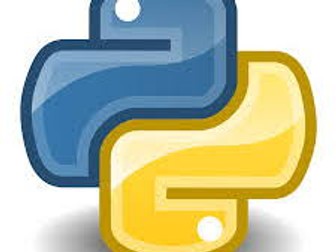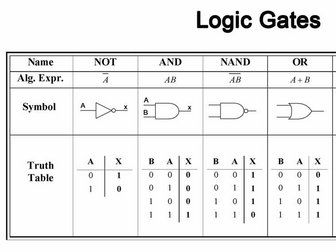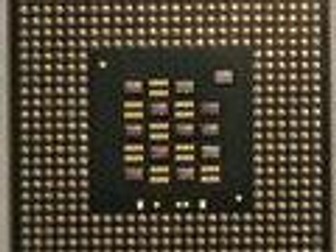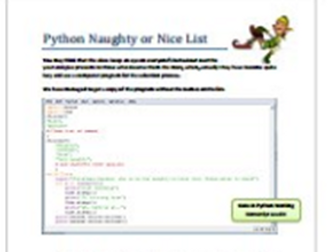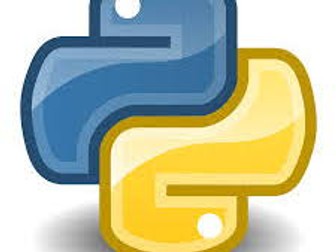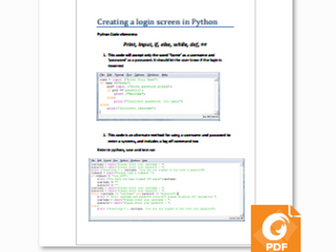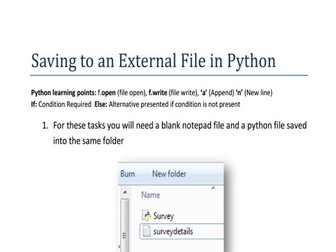
Cambridge Nationals in ICT Level 1/2 Workbook
157 slide powerpoint to support the textbook for this course. Covers all chapters and provides over 30 hours of classroom activities as the course text book does not have very many classroom based tasks for students to support their progress in lesson. This resource is designed to work in conjunction with the Hodder textbook for the course: Cambridge National Level 1/2 Certificate in Information Technologies Teaching and Learning by Sonia Stuart, Richard Howe ISBN: 978151042290. You will need to purchase the Hodder book separately.
Have updated this to Version 6 (09_10_19) This includes some extra tasks in Chapter 1




